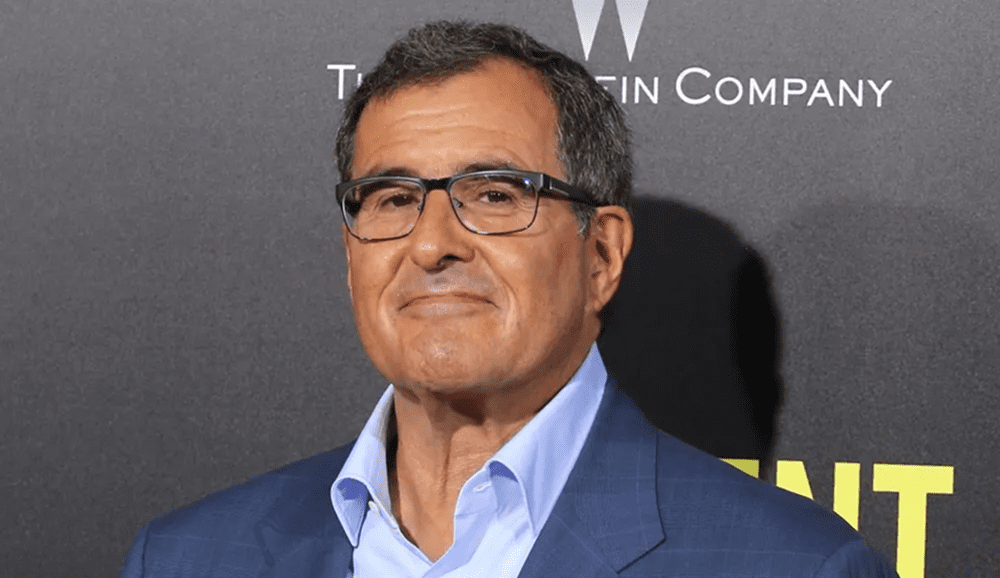Japan has unveiled details of a highly anticipated production incentive to attract films, high-end TV and streaming projects to shoot in the country.
The scheme, first revealed by Screen in May, will be open to large-scale international film and TV projects that spend at least JPY500m ($3.4m) on production costs in Japan or whose total production costs exceed JPY1bn ($6.8m) and direct production costs in Japan exceed JPY200m ($1.35m). Reimbursement covers up to 50% of qualifying expenditure in the country.
The program is owned by Japan’s Ministry of Economy, Trade Industry and will be operated by the Visual Industry Promotion Organization (VIPO) and coordinated by the Japan Film Commission (JFC).
Productions eligible for support will be “large-scale overseas TV and film projects shot on location in Japan” and applications for the first round of funding must be received this month (September).
Applications should be submitted by a Japanese production group and production company, which have produced with an overseas production company or contracted. Applications from overseas will not be accepted.
Eligible projects include those that will benefit the Japanese content industry through local employment or use of local studios; shot in Japan; promotion of the location where filming took place; and promotion of Japanese works globally.
The launch of the initiative follows four-year pilot programme, which offered a rebate up to 20%, with an initial budget of JPY180m ($1.3m) and benefited features including US action film GI Joe: Snake Eyes and China’s Detective Chinatown 3.
It more recently supported Sony Pictures’ video game adaptation Gran Turismo, two seasons of HBO Max crime drama Tokyo Vice and upcoming Apple TV+ series Sunny, a dark comedy starring Rashida Jones from A24.
Interest in filming in Japan has grown over the past decade, drawn by its iconic locations and highly skilled crew. However, while there are incentives from regional film commissions, Japan had not offered a national incentive program like many of its neighboring countries in Asia.
The industry had been awaiting an update after the pilot scheme was not renewed after its final deadline for applications passed in June 2022, and the new program will help Japan remain competitive in the region.
Article first appeared in: Screen Daily
















